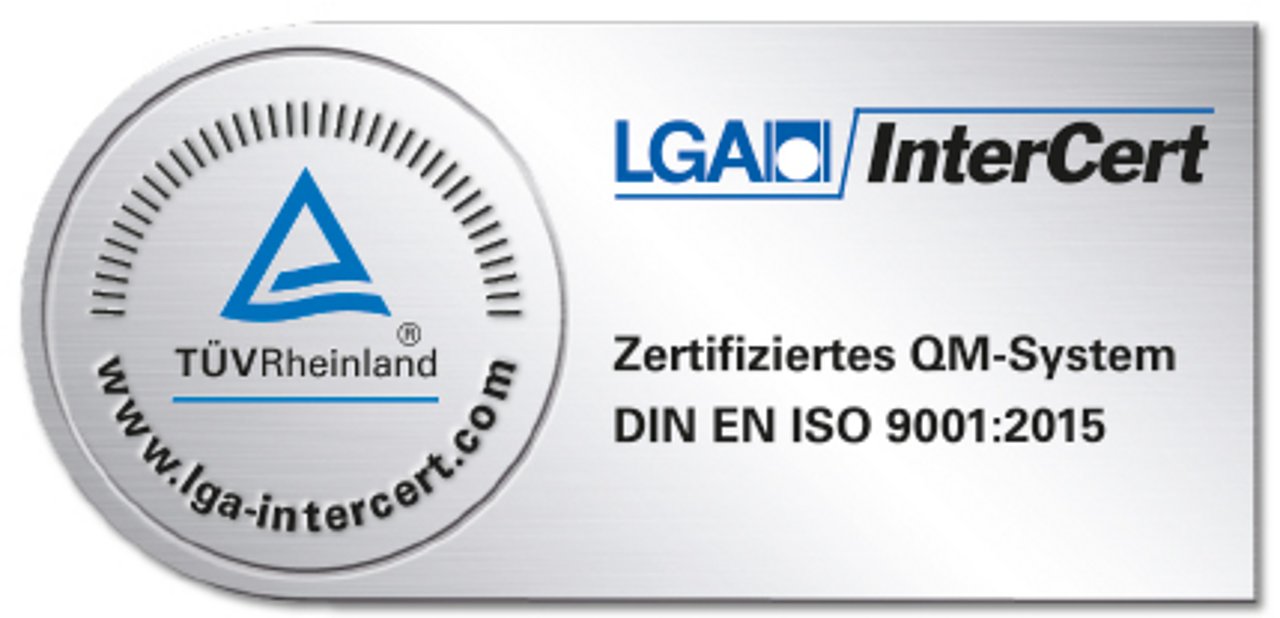Group leader: PD Dr. rer. nat. Christiane Mühle
Publikationen:
- ORCID 0000-0001-7517-9154
- www.scopus.com/authid/detail.uri?authorId=7006133564
- www.researchgate.net/profile/Christiane_Muehle
- scholar.google.de/citations?user=LcvqnUMAAAAJ&hl=de
Neuropsychiatric diseases lead to substantial individual and family as well as economic and societal consequences worldwide but the underlying etiopathogenic mechanisms and the mode of action of current treatment strategies are often poorly understood. Major depressive disorder, with a lifetime prevalence of more than 10%, and addictive disorders range among the top causes of disability adjusted life years yet therapeutic success rates and relapse prevention are limited. There is an urgent need for biomarkers (short for biological markers) in the field of mental diseases to provide an objective classification of disease subgroups based on biological processes instead of descriptive symptoms, to aid in the prediction of treatment response or in monitoring therapeutic progress. Biomarkers from different biological sources such as blood or cerebrospinal fluid can be developed at the level of genomics, epigenomics, transcriptomics, proteomics and metabolomics, to serve as objectively quantifiable indicators of normal or pathological processes within various biological pathways.
The objective of our work is the identification and characterization of biomarkers and genetic risk factors from different pathways with some focus on sphingolipids and sphingolipid metabolizing enzymes with the hypothesis that alterations are present in patients, differ in subgroups and can contribute to a better understanding of mechanisms of pathogenesis and allow for clinical applications. We use animal and cell culture models for mechanistic approaches, to identify target candidates and to translate or deepen our findings.
Biobanking Unit of the Department of Psychiatry and Psychotherapy
We have already collected biomaterials (EDTA blood, plasma, serum, RNA, saliva) from over 1000 individuals for genetic, epigenetic, transcriptomic, proteomic, sphingolipidomic and metabolomic analysis in diverse fields of psychiatric disorders including affective and addictive disorders and healthy controls (for example Mühle et al. 2014; Mühle et al. 2016; Lenz et al. 2017;Wagner et al. 2019).
Current basic and clinical projects
The Role of Sphingomyelin Synthase for Sphingolipid-Controlled Autophagy and Antidepressant Treatment. PhD student: Roberto Damián Bilbao Canalejas, MSc
TaKeTiNa: Immunological mechanisms in the treatment of depression and their significance in TaKeTiNa music therapy as a new psychotherapeutic method. A waitlist-controlled randomized group pilot study; Dr. med. Claudia von Zimmermann
IMAC-Mind-Study: Mindfulness-based Stress Reduction in Pregnancy: an App-Based Programme to Improve the Health of Mothers and Children (MINDFUL/PMI Study); Dr. phil. Verena N. Buchholz
FLIP-MD (Finger Length in Psychiatry – Male Depression): Charakterization of the phenomenon of male depression and investigation of the role of intrauterine and adult sex hormone activities; Dr. med. Christian Weinland
CeraBiDe (Ceramide-associated Biomarkers in Depression) – Characterization of sphingolipid-based and other biomarkers for the diagnosis and prognosis of depression; Dr. med. Claudia von Zimmermann, Caroline Swoboda
TEGS (The role of intrauterine Testosterone Exposure in Internet Gaming and Social network disorder) – Charakterization of the pathological use of gaminc and social networks in young adults (psychometrics and blood-based biomarkers); Dr. med. Polyxeni Bouna-Pyrrou
NOAH (Neurobiology Of AlcoHolism) – Analysis of the role of prenatal and adult sex hormone effects and further biomarkers in alcohol use disorder; Dr. med. Christian Weinland
GENES – Genetic influences on brain morphology and congitive performance in young adults; Dr. rer. biol. hum. Tanja Richter-Schmidinger (memory); PD Dr. rer. nat. Cosima Rhein (intelligence)
CHRON-A - Chronobiology in adults with ADHS; PD Dr. med. Andrea Rotter-Neubert, Landratsamt Roth
Methods
- Molecular biology and biochemistry including sphingolipid enzyme activity assays, expression analysis, cloning, ELISAs, Western blotting
- Cell culture techniques
- Animal models in collaboration with Dr. Iulia Zoicas and Prof. Christian P. Müller
- Clinical studies: management, recruitment of patients and controls, digital psychometrics, online surveys
External collaborations
Prof. Bernd Lenz, Department of Addictive Behavior and Addiction Medicine, Central Institute of Mental Health (CIMH), Medical Faculty Mannheim, Heidelberg University, Germany: Human studies on prenatal androgen exposure, depression, alcohol and opioid addiction
Prof. Erich Gulbins, Institute of Molecular Biology, Department of Molecular Biology, University of Duisburg-Essen, Duisburg, Germany: Expert in sphingolipids, collaboration on methods and exchange of samples
Prof. Burkhard Kleuser, Dr. Fabian Schumacher, Department of Toxicology, University of Potsdam, Nuthetal, Germany: Mass spectrometry of sphingolipids (tissues)
PD Gerhard Liebisch, Institute of Clinical Chemistry and Laboratory Medicine, University Hospital of Regensburg, Regensburg, Germany: Mass spectrometry of sphingolipids (human samples)
Prof. Deyong Ye, Dept. Medicinal Chemistry, School of Pharmacy, Fudan University, Shanghai, China: selective inhibitors for SMS enzyme
Prof. Beate Winner and Dr. Iryna Prots, Department of Human Genetics, FAU, Erlangen, Germany: iPSCs and neuronal cultures and methods
Dr. Martin Regensburger, Dept. of Human Genetics, FAU, Erlangen, Germany: Exchange of clinical samples
Prof. Malgorzata Filip, Institute of Pharmacology, Polish Academy of Sciences, Laboratory of Drug Addiction Pharmacology, Krakow, Poland: Animal behavioral tests, tissues for analysis, assays for oxidative stress
Prof. Zimmermann / Dr. Maik Spreer, Department of Psychiatry and Psychotherapy, Carl Gustav Carus University Hospital, Technische Universität Dresden, Dresden, Germany: Clinical samples of alcohol-dependent patients
Dr. Michael Böttcher, Drogen- und Medikamentenanalytik, MVZ Labor Dessau GmbH, Dessau, Germany: Alcohol markers in human samples (analysis of phosphatidylethanol)
Prof. Wolfgang Weinmann, Institute of Forensic Medicine, Forensic Toxicology and Chemistry, University of Bern, Switzerland: Biomarkers in human samples (cortisol and cotinine in hair samples)
Prof. Annemarie Heberlein and Dr. Adrian Groh, Department of Psychiatry, Social Psychiatry and Psychotherapy, Medical School Hannover, Germany: Human samples from opioid-dependent patients
Dr. Nuno Raimundo, Institute of Cellular Biochemistry, University Medical Center Göttingen, Göttingen, Germany: Basic research on lysosomal storage disorders
PD Dr. Cosima Rhein, Department of Psychosomatic Medicine and Psychotherapy, FAU, Erlangen, Germany: Psychometric testing
Prof. Oliver C. Schultheiss / Dr. Martin Köllner, Institute of Psychology FAU, Erlangen, Germany: Implicit association tests





